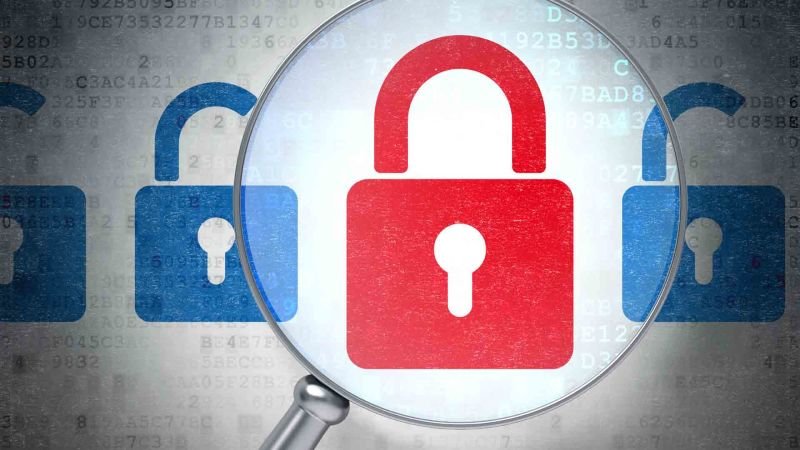In fact, in an age when presidential candidates are being interviewed on YouTube and most of the political debate happens on social media channels, Johnson argues that prohibiting access to these sites actually denies students the opportunity to practice being engaged citizens with a valued voice.
“We usually think about the freedom to read or access other people’s points of view,” Johnson said. “But the freedom to speak and be heard is the flip side of that coin.”
He’s worried that if websites that give students voice, like Facebook, Twitter and YouTube, are blocked by schools, then some students will never have the opportunity to be heard. And worse, kids who have free and open access to the Internet at home will have the opportunity to participate, while students without home access will have only a filtered online experience.
“When you think about all the ways students are denied voice or do not have the ability to see themselves in their learning, it becomes very arbitrary,” high school librarian Michelle Luhtala said on an American Association of School Librarians webinar. She’s a passionate advocate for less administrative filtering and more focus on teaching students how to be their own filters.
Johnson said he knows from personal experience that filtering companies tend to be overzealous out of caution and lack of understanding about the education context. If any teacher in Johnson’s district asks for a site to be unblocked for a curricular reason, he does so -- no questions asked.
GROWING DIGITAL LEADERS
Many districts block social media and video sites because they want to limit distractions. That’s not a good enough reason, said Joyce Valenza, assistant professor at Rutgers University, where she trains the next generation of school librarians.
“We’ve always had distractions in our classrooms,” Valenza said. “We had magazines in our desks; we were throwing notes at each other; we were looking out the window. Teachers need to manage a classroom that doesn’t necessarily have four walls.”
She said teaching students to responsibly use their technology in appropriate ways and times should be a crucial part of a school’s mission. They are nurturing not only digital citizens but also digital leaders.
“These are things we need to newly learn, but we can’t ignore them,” Valenza argues. “If we ignore them, then [students will] be doing them behind our backs.”
Students need to be part of the discussion about classroom norms and can help set the consequences for breaking them. But prohibiting students from accessing the tools to create digital stories, share and access other people’s ideas on current events, and watch video lessons restricts their intellectual rights.
“We are not learning in isolation anymore. We learn in networks,” Valenza said. It’s the job of educators to help students learn to use these networks wisely.
She points out that while a student may have access to a smartphone outside school, and may be making videos on her own, the experience of digital media is much different when guided by a skilled professional. And when kids have a chance to share their academic work on social networks, their digital footprint represents not just their social activities but their learning as well.
MORE FILTERING IN BIG DISTRICTS
Both Valenza and Johnson believe over-filtering is an urgent issue for all educators, especially librarians. “You are the only person who’s trained to stand up for intellectual freedom,” Valenza said. If librarians safeguarded access to digital information as carefully as they do the library’s book collection, kids would have advocates.
Many larger districts, which also tend to be urban, have the most restrictive filtering policies and often serve more low-income students, according to Valenza. “Learners that need the resources the most are the ones less likely to have anyone fighting on their behalf,” she said.
Valenza advocates for a clear line of communication between classroom teachers and the person controlling the filter. Right now, many big districts have burdensome bureaucracy making it almost impossible to unblock a site in a reasonable amount of time.
Teachers working in smaller districts are more likely to have a personal relationship with the person controlling the filter, giving them the power to tinker with it. But most importantly, districts need to make careful decisions about what is blocked and why.


